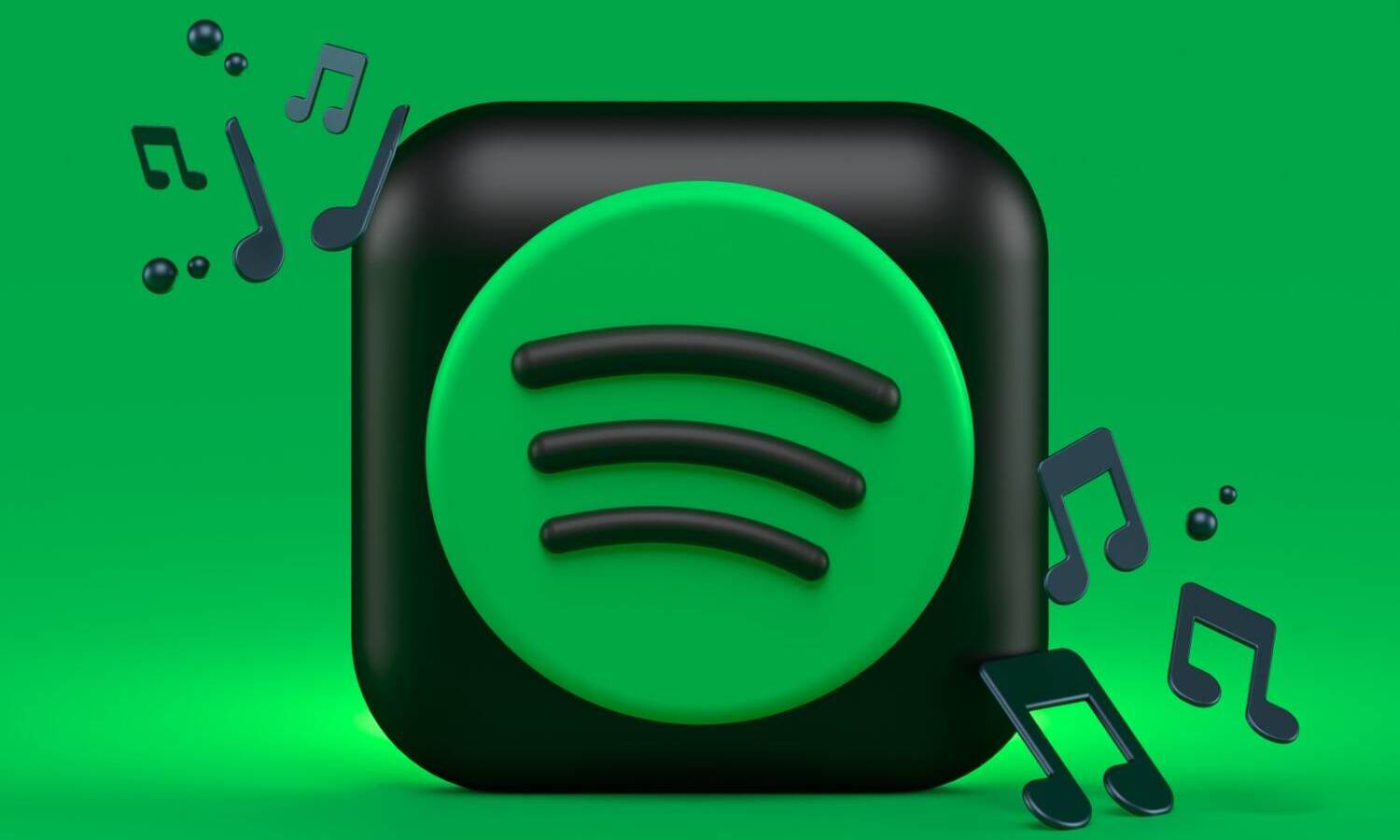POTIFY pointed out that it existed in 2014 before Spotify became famous and that its name came from the online shopping site Shopify, and not the streaming platform, Spotify.
The U.S. Patent and Trademark Office’s Trademark Trial and Appeal Board (TTAB) upheld two oppositions filed by Spotify against trademark applications made by U.S. Software Inc. for its cannabis software known as POTIFY, according to IP Watchdog.
What To Know: The USTPO declared that POTIFY’s trademarks would have diluted and blurred trademarks held by the popular music streaming service.

U.S. Software, which filed the trademark applications in 2017 and 2018, was seeking to register POTIFY for “downloadable software for use in searching, creating and making compilations, rankings, ratings, reviews, referrals and recommendations relating to medical marijuana dispensaries and doctor’s offices and displaying and sharing a user’s location and finding, locating, and interacting with other users and place, in International Class 9.”
U.S. Software was also seeking the trademark for clothing, medical cannabis information, creating an online community for medical cannabis patients and as a platform to create an online community for discussion of medical marijuana and scheduling of healthcare services.
Spotify opposed the application, saying that common law rights to its music and entertainment software, as well as advertising, could be mistaken for the POTIFY site and cause consumer confusion.
Spotify also claimed that because “pot” is known as a term for cannabis, confused consumers might associate POTIFY with the promotion of marijuana and therefore tarnish the SPOTIFY mark.
Why It’s Important: The Trademark and Trial Appeal Board noted that Spotify already hosts content, such as music and podcasts, related to cannabis, reports Ganjapreneur.
RELATED: Girl Scouts Allege Misappropriation By Cannabis Edibles Company
U.S. Software argued its product is not for individual consumers, rather “sales systems, telemedicine systems, and enterprise resource planning systems,” and “is a back-end software platform designed for legal marijuana dispensaries to market and sell their products.”
Furthermore, POTIFY pointed out that it existed in 2014 before Spotify became famous and that its name came from the online shopping site Shopify, and not the streaming platform, Spotify.
RELATED: Clint Eastwood Awarded $6.1M In CBD Lawsuit
Ultimately, the board ruled that “because the marks SPOTIFY and POTIFY are used for software products that perform analogous functions, and are so similar in appearance and sound, their commercial impressions are similar even if consumers take different meanings from SPOT and POT,” and it is “inevitable POTIFY will diminish SPOTIFY’s distinctiveness.”
So, Spotify wins.
This article originally appeared on Benzinga and has been reposted with permission.


